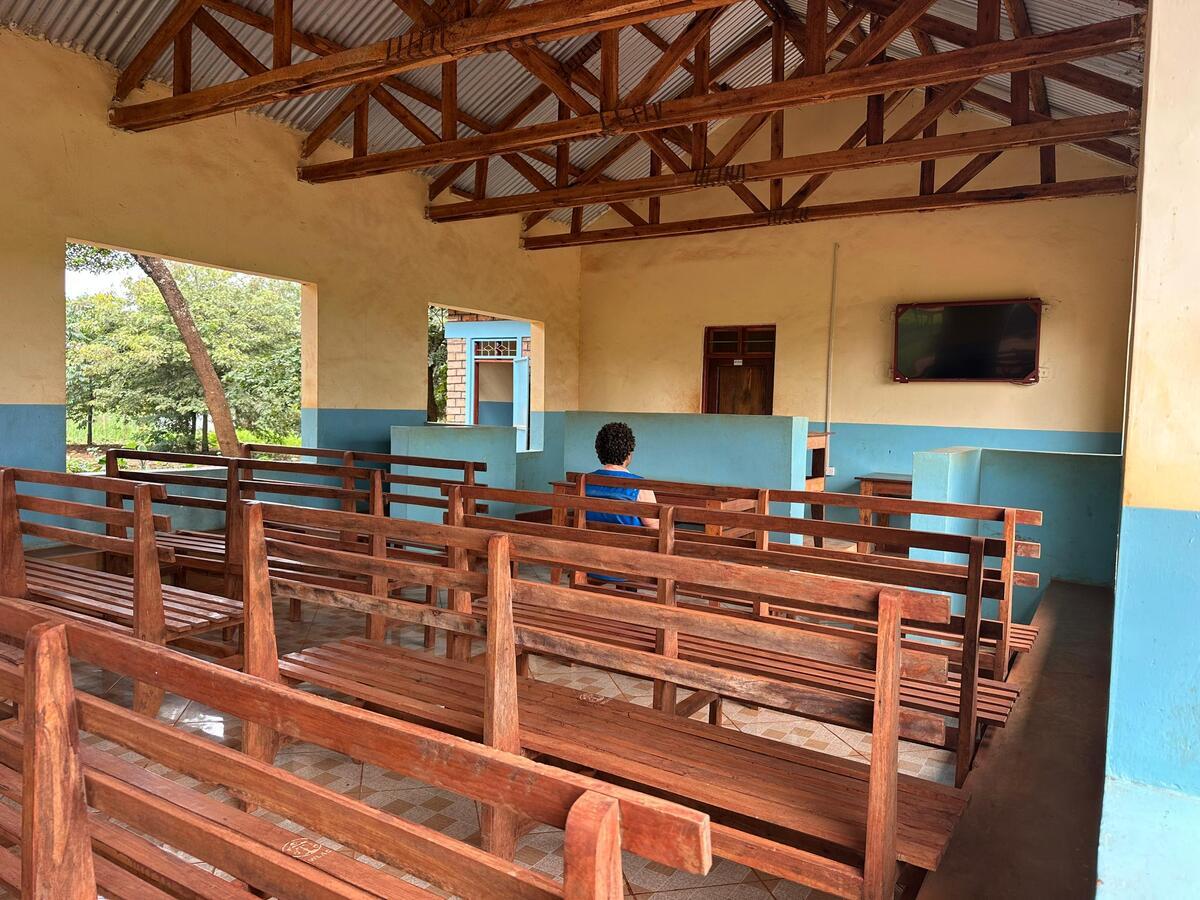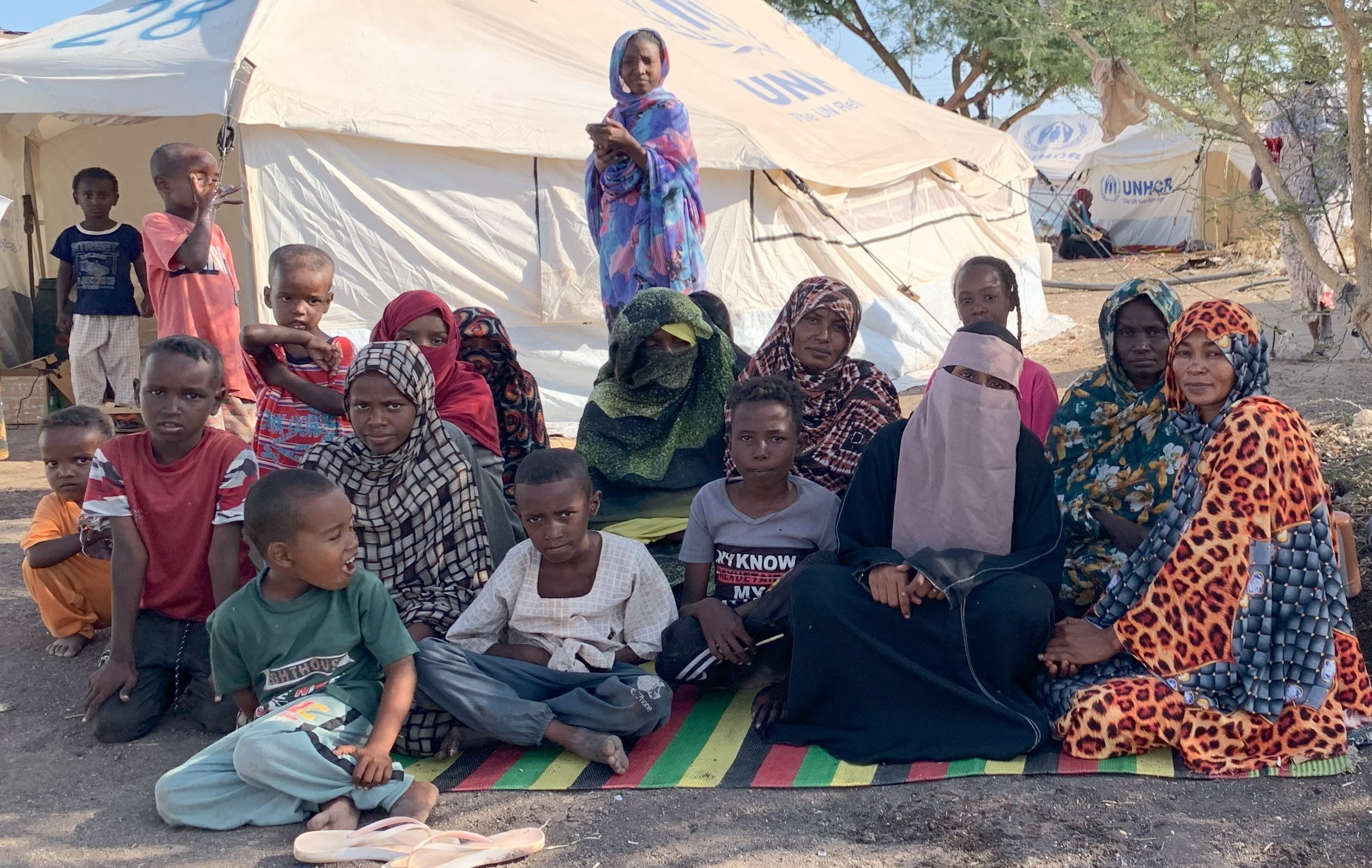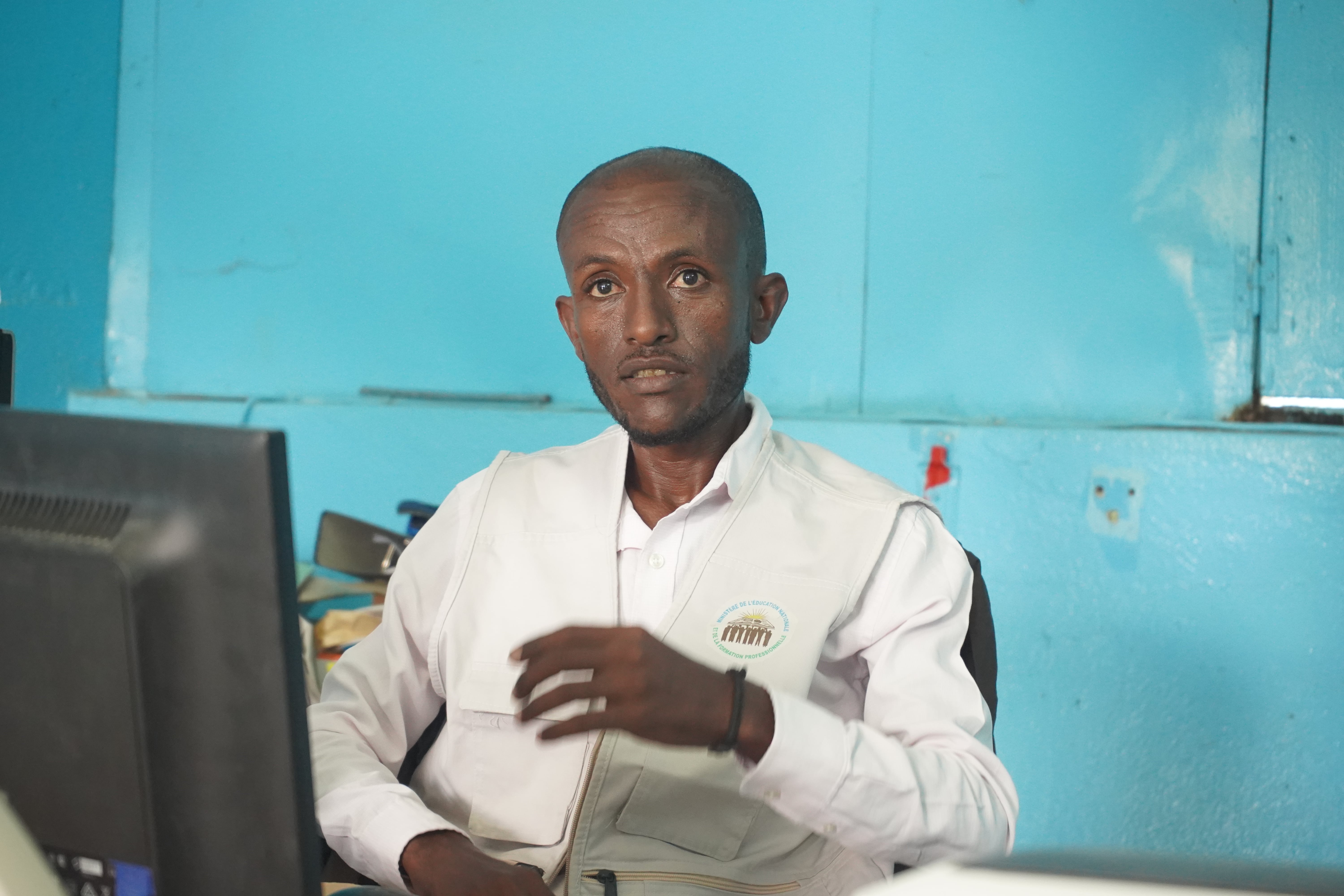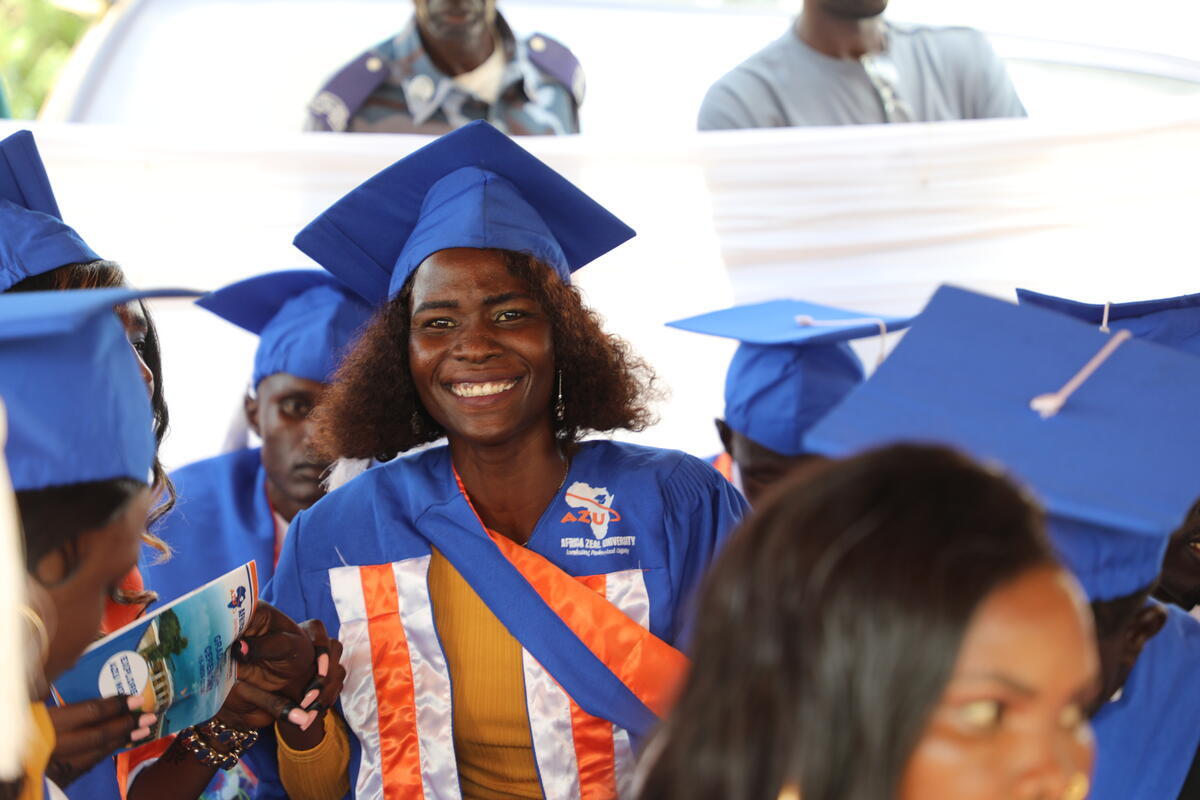From survival to resilience: How displaced and refugee women are transforming their lives in Burkina Faso
From survival to resilience: How displaced and refugee women are transforming their lives in Burkina Faso

A.D., 48 years old, is an internally displaced person in Dori. She, along with other displaced and refugee women, received training in soap-making, plastic waste recycling, improved stove production, and soilless farming. These activities enable them to provide for the needs of their families.
A.D., 48 years old, sits in front of a pile of soap bubbles that she herself has just made. Her hands gently touch the soap bubbles on a tray, in a continuous motion. A wide smile brightens her face. She can't believe it.
Less than a year ago, A.D. could never have imagined that she would be working on her own to support her family in Dori, where she found refuge with her five children and three grandchildren. She remembers the days when she used to beg, the disdainful looks that sometimes brought her to tears. Today, she feels that pride and dignity once again, which were so dear to her.
Their lives took a dramatic turn when an attack by "unidentified armed individuals" struck her hometown of Arbinda, in the Sahel region, in 2021. A.D. helplessly witnessed the murder of her eldest son, nephews, and brothers. She sadly recalls the moment when the assailants went from house to house, killing the men, taking away the animals, and ordering the women to leave the village with the children. Her husband, although narrowly escaping the attack, has been missing for several months.
A.D. remembers walking for four days, accompanied by her children and grandchildren, to reach Dori, the nearest city, where they found refuge.
Despite the relative security they found, precariousness and hunger remained daily challenges for A.D. and her family. She started begging to meet their needs, but this situation was far from satisfying for her. She confides, "I never imagined I would have to beg to survive. Every day, I walked long distances with a heavy heart... But today, I thank God because UNHCR and its partners allowed me to join an association where I acquired new skills that enable me to earn a living. Now, I can also meet the demands of my children," she says, nodding with gratitude.
Since 2016, Burkina Faso has been caught in a spiral of violence caused by repeated attacks from unidentified armed groups (UAGs), forcing hundreds of thousands of families to be displaced within and outside the country.
According to the latest statistics published by the National Council for Emergency and Rehabilitation (CONASUR) as of March 31, 2023, two million sixty-two thousand five hundred thirty-four (2,062,534) people have been forcibly displaced within Burkina Faso. In addition to this, there are over thirty-six thousand (36,000) refugees and asylum seekers, with 98% originating from Mali.
Faced with this alarming situation that continues to worsen due to the escalating attacks by UAGs and Burkinabe military operations, humanitarian needs are constantly increasing.
Not only do I have a dignified job that helps me make ends meet, but I also have a new family that supports me.
In order to strengthen the resilience of displaced communities and help them overcome their difficulties, UNHCR, the United Nations Refugee Agency, is working in collaboration with its partners to support the Burkinabe government in identifying socio-economic opportunities for these vulnerable individuals.
In this context, the cooperation between UNHCR and the women's cooperative Djam Weli has facilitated the inclusion of fifteen refugees and eighteen internally displaced persons, who are benefiting from ongoing training in various trades to engage in income-generating activities together.
Maurice Azonnankpo, Acting Representative of UNHCR in Burkina Faso, explains, "For us, this approach not only contributes to meeting the empowerment needs of refugees and internally displaced persons but also promotes social cohesion by valuing local skills."
A.D, like many other women, some of whom are refugees, underwent training in soap-making, plastic waste recycling, improved stove production, and soilless farming. She recounts, "Every week, we produce liquid soap and soap bubbles that we sell in the city."
The income generated from this economic activity allows them to meet the essential needs of their respective families. A.D. acknowledges with emotion, "Being integrated into this association has changed my life! Not only do I have a dignified job that helps me get by, but I also have a new family that supports me." Now, she hopes to open a soap-selling shop at her home to further increase her independence.
A.D.'s story is a concrete example of the profound transformations that empowerment and training of internally displaced and refugee women can bring to their lives. Through socio-economic opportunities and newly acquired skills, these women become agents of their own development, generating income, and strengthening their resilience in the face of crises.
UNHCR continues to support these initiatives and work closely with its partners to provide internally displaced and refugee women with the means to rebuild their lives and create a promising future for themselves and their communities.









